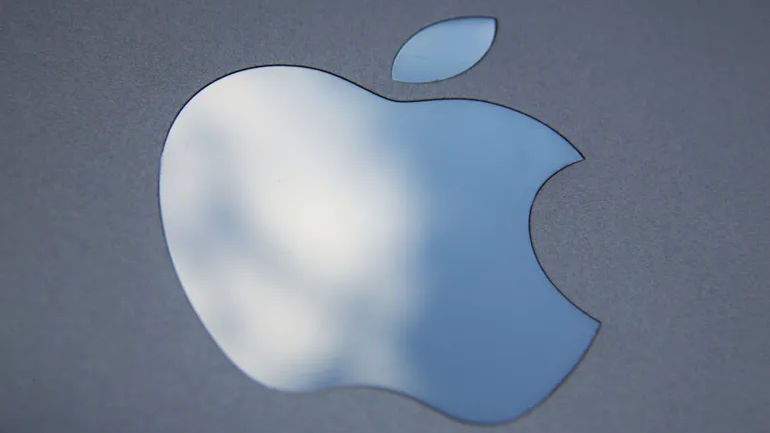
Apple's Move Against Competing App Stores

Epic Director of Public Policy criticizes Apple's attempt to stifle developers who challenge their dominance in the app market.
Article Brief:
Tech giant Apple terminated an account held by Epic Games in Sweden, the app developer said, contending Apple “has no intention of allowing true competition on iOS devices.”
Apple's move has prevented Epic from creating a competing app store on Apple devices in Europe. By having its own app store, Epic could have avoided paying Apple's fees for in-app purchases.
Epic's Director of Public Policy, Leo Rees, criticized Apple's actions in a LinkedIn post on Wednesday. He accused Apple of trying to eliminate developers who challenge them and emphasized that consumers should have the freedom to download apps from various sources, similar to other devices.
Apple's Reason for Decision
Apple, headquartered in Cupertino, California, stated that its decision was influenced by Epic's previous actions. The ongoing dispute between the two companies began in 2020 when Epic, the creator of Fortnite, introduced a software update that enabled users to avoid Apple's payment system and the corresponding fees.
An Apple spokesperson stated that Epic's breach of contractual obligations allowed Apple to terminate any of Epic Games' subsidiaries, affiliates, or entities under its control at Apple's discretion. Apple decided to exercise this right due to Epic's behavior.
A spokesperson for Epic Games based in Cary, North Carolina, chose not to comment on the legality of Apple suspending its developer account. They also did not provide information on how Epic would respond, referring to CEO Tim Sweeney's comments in reports from The Verge and The New York Times.
Epic CEO, Tim Sweeney, expressed his disappointment with Apple's decision to block them from competing, calling it a clear attempt to hinder their main competitor.
Epic is not the only one frustrated with Apple's strict policies on apps and in-app payments. Epic, along with Spotify and Match Group, formed the Coalition for App Fairness to address these concerns. The nonprofit quickly urged the European Commission to enforce the Digital Markets Act, designed to encourage fair competition among apps.
Executive Director of the Coalition for App Fairness, Rick VanMeter, expressed concern over Apple's behavior, which goes against the purpose of the DMA. He emphasized the importance of the European Commission taking action to prevent such abuse in the mobile app ecosystem.
Industry experts were surprised by Apple's defensive approach, noting that it could potentially have negative consequences for the company.
Consumer Reports Senior Researcher Sumit Sharma expressed uncertainty about Apple's decision, stating that he is unsure of Apple's rationale. He emphasized the importance of Apple adhering to the DMA, as it is a legal requirement. Sharma also questioned the grounds on which Apple is requesting developers to provide additional assurances before complying with the law.
NMI Chief Product Officer Tiffany Johnson shared her surprise at Apple's bold move in an email. She mentioned that this action could set a precedent for other companies like Spotify and Match Group to follow. NMI, a payments company, provides businesses with its own payment platform and gateways.
According to Andy Wu, an associate professor at Harvard Business School, it is common for U.S. technology companies to push the limits of European law.
Wu mentioned that these companies often end up paying hefty fines, ranging from hundreds of millions to billions of dollars, to the European Union. In his view, these fines are simply seen as part of the cost of doing business for these companies.
Apple is keen on safeguarding its app store earnings as they make up a significant chunk of the “services” revenue category. This category has been crucial in boosting the declining sales of the iPhone, which has been Apple's main source of revenue for a long time.
Editor's P/S:
Apple's termination of Epic Games' account in Sweden highlights the ongoing battle between tech giants and the push for fair competition in the app market. Epic's goal to create its own app store on Apple devices would have bypassed Apple's fees for in-app purchases, a move that Apple saw as a violation of contractual obligations.
While Apple contends that Epic's actions warranted the termination, Epic and other critics argue that Apple's strict policies stifle innovation and limit consumer choice. The Coalition for App Fairness, formed by Epic, Spotify, and Match Group, has called on the European Commission to enforce the Digital Markets Act, which aims to promote fair competition. Industry experts express concern over Apple's defensive approach, fearing it could set a precedent for other companies to follow and potentially harm the mobile app ecosystem.













